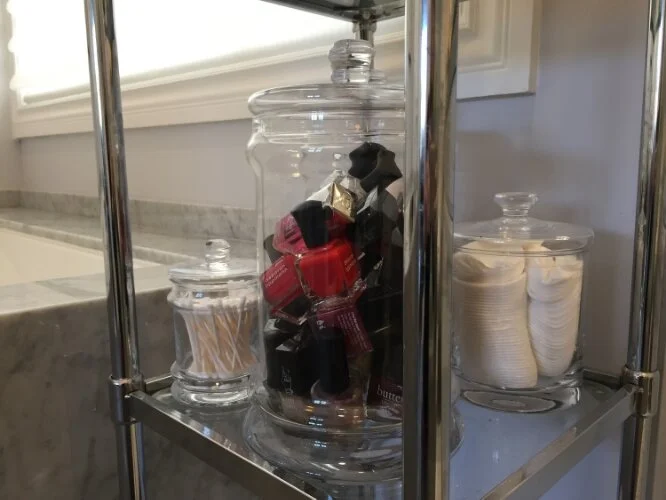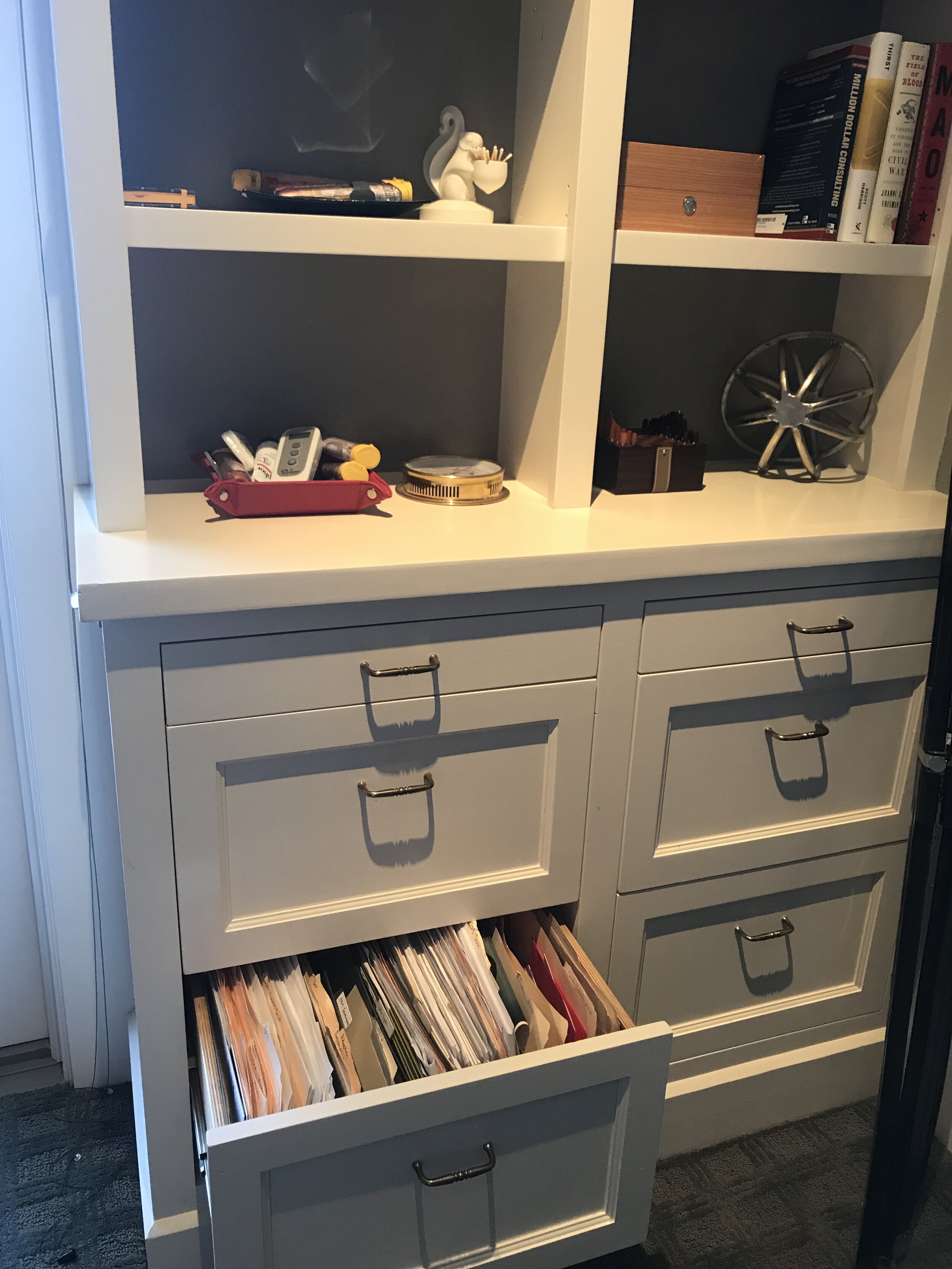Is Harsh Criticism of the Professional Organizing Industry Deserved?
Marie Kondo is still hitting the news and one article in particular that came out last summer really galvanized a lot of chatter within the organizing community. Taffy Brodesser-Akner took a much more critical view than we usually see of the entire professional organizing industry in her piece for the New York Times: Marie Kondo and the Ruthless War on Stuff.
Many National Association of Professional Organizers (NAPO) members reacted strongly to the central paragraphs of the story, where Ms. Brodesser-Akner describes attending the annual NAPO Conference. They feel misunderstood, attacked, and mocked. I can see why. There are some biting cheap shots in there.
But – and I’m going to say this as delicately as I possibly can, so as not to diminish the effort, talent, and good intentions of many wonderful people – I rather agree with some of Ms. Brodesser-Akner’s assessment of the organizing industry and the people who claim to speak for it.
Professionally dressed for a NAPO-SFBA meeting!
I’ve been a member of NAPO, both at the national level and the local San Francisco Bay Area chapter, for a couple of years. There’s a lot of good there: continuing education, mentorship opportunities, a strong referral network, advocacy on behalf of the industry, and support and good humor in the face of what can be a strange and intimate business. The members of NAPO, as a rule, are kind, welcoming, generous with their time and expertise, and dedicated to helping their clients.
However, professional organizing in the United States was an industry waiting to be disrupted when Marie Kondo came along. There are a few core reasons for this. First, apart from a few franchising companies (Neat Method is perhaps the most well known), most professional organizing businesses are single proprietors working out of their homes.
Second, professional organizing is quite literally an aging industry. This is both because it’s a learn-on-the-job type of career that rewards longevity in business, and because it’s often a second, later in life career that accommodates a person’s interest in working in a way that fulfills them while allowing them to maintain a flexible work/life balance. I feel the demographic quite acutely in my involvement with NAPO: I’m 34 and sometimes feel like everybody’s kid sister.
Finally, to address the elephant in the room: professional organizing is dominated by women, and shares both the strengths and weaknesses of other female-dominated spheres. The spirit of cooperation within the industry is truly legendary. But as Ms. Brodesser-Akner noted about the NAPO Conference, majority female organizations can trend away from professionalism and towards the crafty, folksy, and touchy-feely.
What does this mean for a potential customer? This means that, more than in many other service industries, the experience of interacting with an organizer will vary wildly. Some have a comprehensive online presence and others have websites out of 1995; some use online payment processing and others only accept checks; some keep abreast of the latest innovations and some are quite distrustful of new organizing trends in pop culture.
What does this mean for the industry? It means a long history of stagnation and late adaptation to changing cultural trends and technologies. For all the cooperative spirit between individual organizers, the industry as a whole lacks cohesion, standards of service, and most importantly, capacity and support for innovation.
Professional organizing is an incredibly valuable industry, especially in our fast paced modern world where not everyone learns to organize and doesn’t have the time or energy to start from scratch alone. But it will not stay relevant if it can’t grow and adapt to our changing cultural, technological, and financial landscape.
And that’s where I find myself: trying to start a larger conversation about organizing our lives, what motivates us to acquire and de-accession, how we consume, the ways in which we can use technology to help and in which it can hold us back. With appreciation and respect for the capable organizers who have gone before me, I’m trying to kick the professional organizing industry into the twenty first century where it belongs.
Change is good. Come along!
LMW










